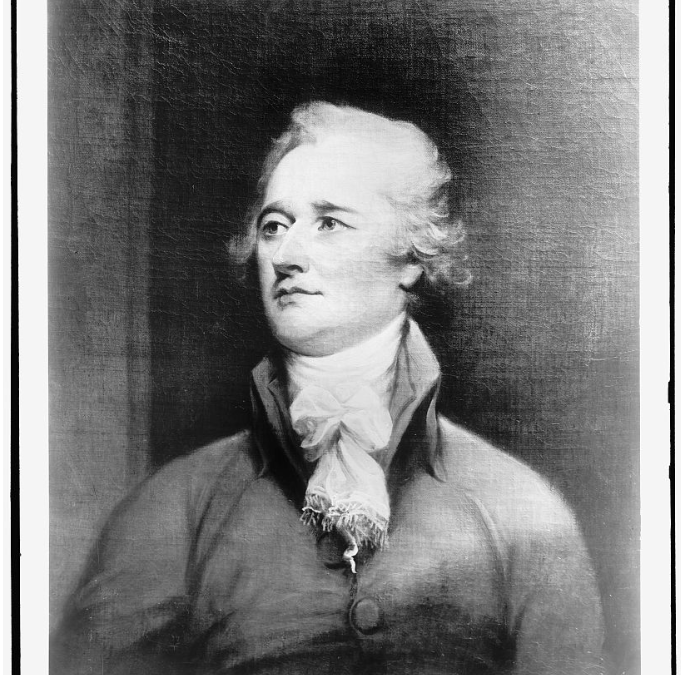Although published in 1788 for the sole purpose of encouraging the ratification of the Constitution, the Federalist Papers almost immediately took on much larger role in American history.
Though historians debate whether the Federalist Papers managed to sway public opinion at the time, the series of essays continue to shape American politics today by serving as a blueprint for how to interpret the intent of the Constitution and the will of its authors.
They “were almost an educational document for supporters more than a way to convince individuals to vote a certain way,” said Michael Meyerson, a law professor at the University of Baltimore and author of “Liberty’s Blueprint.”
Meyerson suspects the Constitution likely would have been ratified without the Federalist Papers. But without them, there would be a less clear understanding of the role of the Constitution in the American system of government, he said.
“There are limits to the Federalist Papers, and it’s not an end-all, be-all,” Meyerson said. “It’s simply a tool, an important tool, and just because you recognize its limits doesn’t mean you have to ignore its strengths.”
Hoping to shed light on the various provisions of the Constitution, the Supreme Court often looks to the Federalist Papers for guidance on issues related to the separation of powers, which some experts say is a practice more relevant in recent times.
“The very concept of separation of powers comes from the Federalist Papers and was not itself in the Constitution,” said Anthony A. Peacock, head of the political science department at Utah State University. “But the irony is that (the Federalist Papers) really weren’t a subject of widespread scholarly study until the turn of the 20th century.”
By creating a collection of explanatory essays, the authors, Alexander Hamilton, James Madison and John Jay, also paved the way for an extensive exchange of ideas over the Constitution.
When the Federalist Papers first began to circulate through New York newspapers, several anti-federalist literatures sprouted up in response.
Following the public’s spirited protest, Hamilton began to use newspapers as the vehicle for political debate with critics of the Constitution, Peacock said.
“This is sort of the first time in American history that you have a significant constitutional debate being conducted in the printed word,” Peacock said.
Hamilton, widely known as the main contributor of the Federalist Papers, has enjoyed new popularity thanks to popular musical “Hamilton,” which is in the midst of a run in Spokane. The show at the First Interstate Center for the Arts will close on May 22.
“My family members have all seen it and my wife and youngest son said they really enjoyed it,” Peacock said. “I should at some point take the time to watch it, too.”

